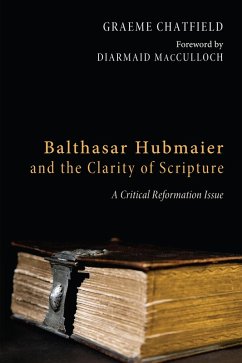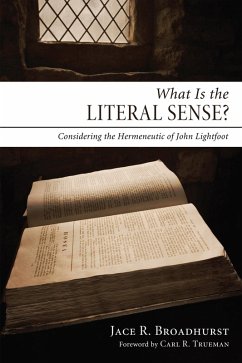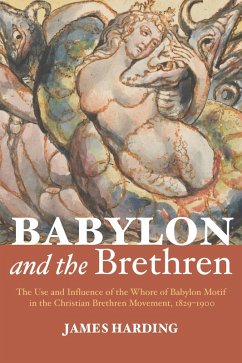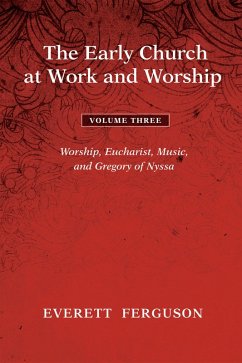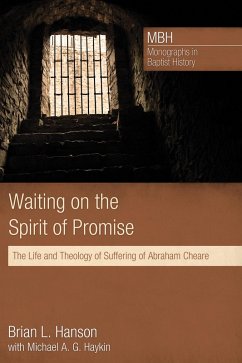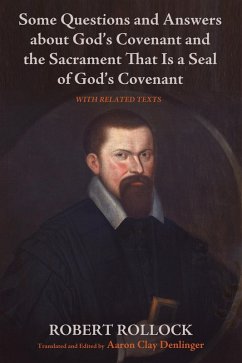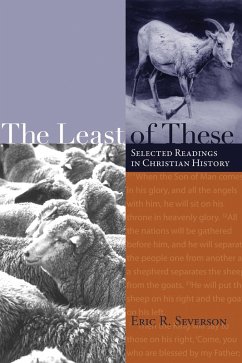During the sixteenth century, many Reformers echoed Erasmus's claim that the Scriptures were clear, could be understood by even the lowliest servant, and should be translated into the vernacular and placed in the hands of all people. People did not require the magisterium of the Roman Catholic Church to correctly interpret the meaning of the Scriptures. However, within a few short years, the leaders of the Magisterial Reformers, Martin Luther and Huldrych Zwingli, had created their own Protestant versions of the magisterium. This work traces how the doctrine of the clarity of Scripture found expression in the writings of Balthasar Hubmaier, admirer of Erasmus and Luther, and associate of Zwingli. As Hubmaier engaged in theological debate with opponents, onetime friends, and other Anabaptists, he sought to clarify his understanding of this critical reformation doctrine. Chronologically tracing the development of Hubmaier's hermeneutic as he interacted with Erasmus, Luther, Zwingli, and Hans Denck provides a useful means of more accurately understanding his place in the matrix of the sixteenth-century Reformations.
Dieser Download kann aus rechtlichen Gründen nur mit Rechnungsadresse in A, D ausgeliefert werden.

